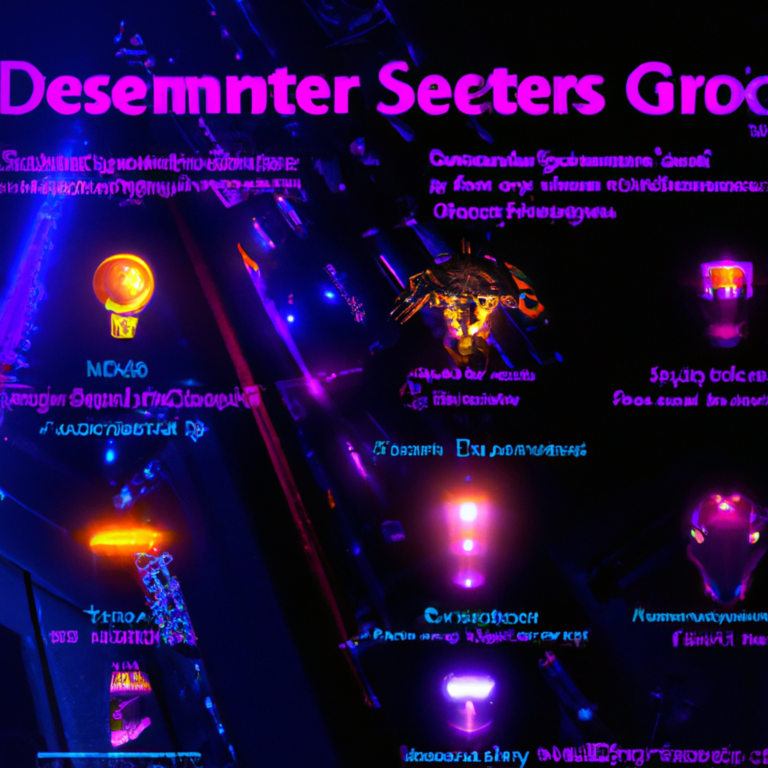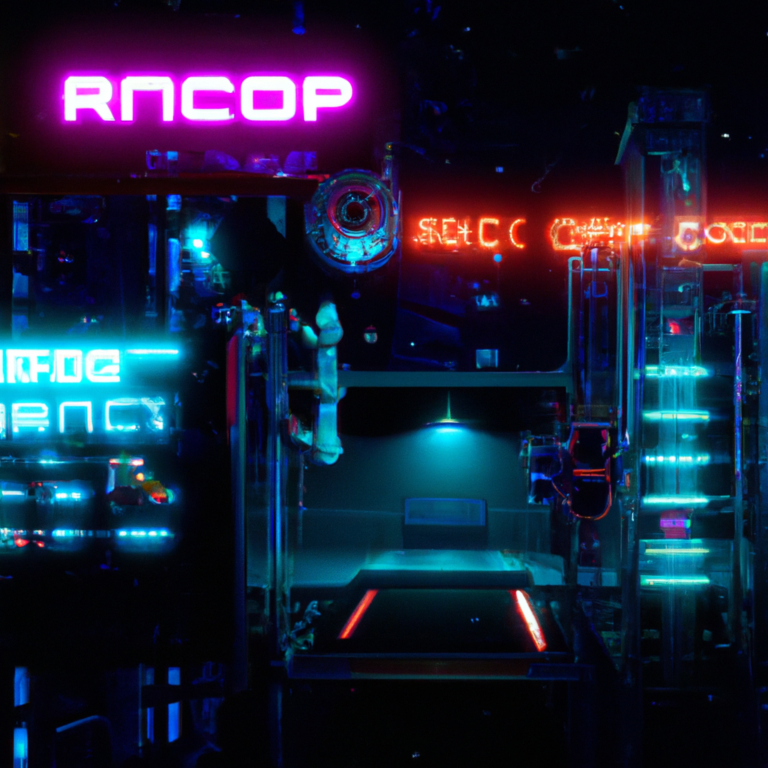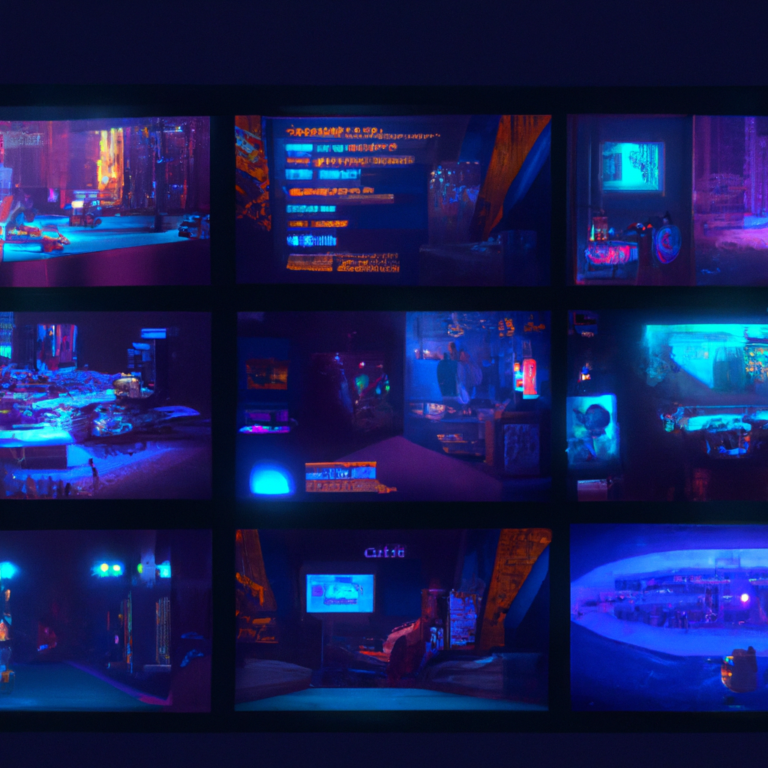“Decoding Morality: The Ethics of AI in Video Game Development”
As the world of technology continues to evolve at a rapid pace, the ethical implications of advancements in various fields, such as artificial intelligence (AI), come under increased scrutiny. Video game development is no exception to this trend. The integration of AI within the gaming industry has significantly impacted how games are designed, developed, and experienced by players. While AI has undeniably enriched video game development and enhanced the gaming experience, it also raises numerous ethical concerns. In this blog post, we will discuss some of these concerns, such as the role of AI in creating virtual characters, the potential impact on player behavior, and the importance of transparency.
One of the most exciting aspects of AI in video game development lies in the creation of virtual characters. Developers can now create highly realistic, complex, and intelligent non-player characters (NPCs), capable of learning, adapting, and evolving based on player interactions. While this has made games more immersive and engaging, it also raises ethical questions about the NPCs’ autonomy. Can we consider these NPCs as sentient beings, and if so, should they be granted rights and protections? As AI continues to become more sophisticated, the line between virtual and real-world entities may begin to blur, and addressing these ethical questions will be crucial.
Another ethical concern in AI-driven gaming is the potential impact on player behavior. AI can be employed to analyze player choices and preferences, allowing developers to create games that are more tailored and engaging for individual players. However, this personalization could lead to darker implications, such as the potential for game addiction. AI can learn to manipulate player behavior by rewarding certain actions, thus creating a feedback loop that keeps the player engaged for extended periods. It is crucial for game developers to consider the potential consequences of their AI systems and work towards creating a balance that promotes healthy gaming habits.
The use of AI in video games can also lead to issues with transparency and understanding. As AI systems become more complex and opaque, it becomes increasingly difficult for players to understand the underlying mechanics that drive the game world. This lack of understanding can lead to frustration, confusion, and even distrust among players, who may feel as though the game is unfairly manipulating their actions. Game developers must strive to ensure that their AI systems are transparent and understandable, allowing players to make informed choices and maintain a sense of agency within the game world.
Lastly, the ethical implications of AI in video game development extend beyond the gaming industry and influence broader societal norms. As AI becomes more prevalent in our daily lives, the representations of AI in video games can shape public perceptions and expectations. Consequently, it is essential for game developers to approach the portrayal of AI responsibly, avoiding perpetuating harmful stereotypes and promoting awareness of AI’s ethical implications.
In conclusion, while AI has undoubtedly had a significant impact on the world of video game development, it comes with a range of ethical concerns that must be addressed. From the autonomy of virtual characters to the potential impact on player behavior, and from transparency issues to the influence on societal norms, the gaming industry has a responsibility to navigate these ethical challenges thoughtfully and responsibly. As we continue to embrace AI technology, the importance of fostering ethical practices in video game development becomes increasingly crucial to ensuring a positive and enriching gaming experience for all.





